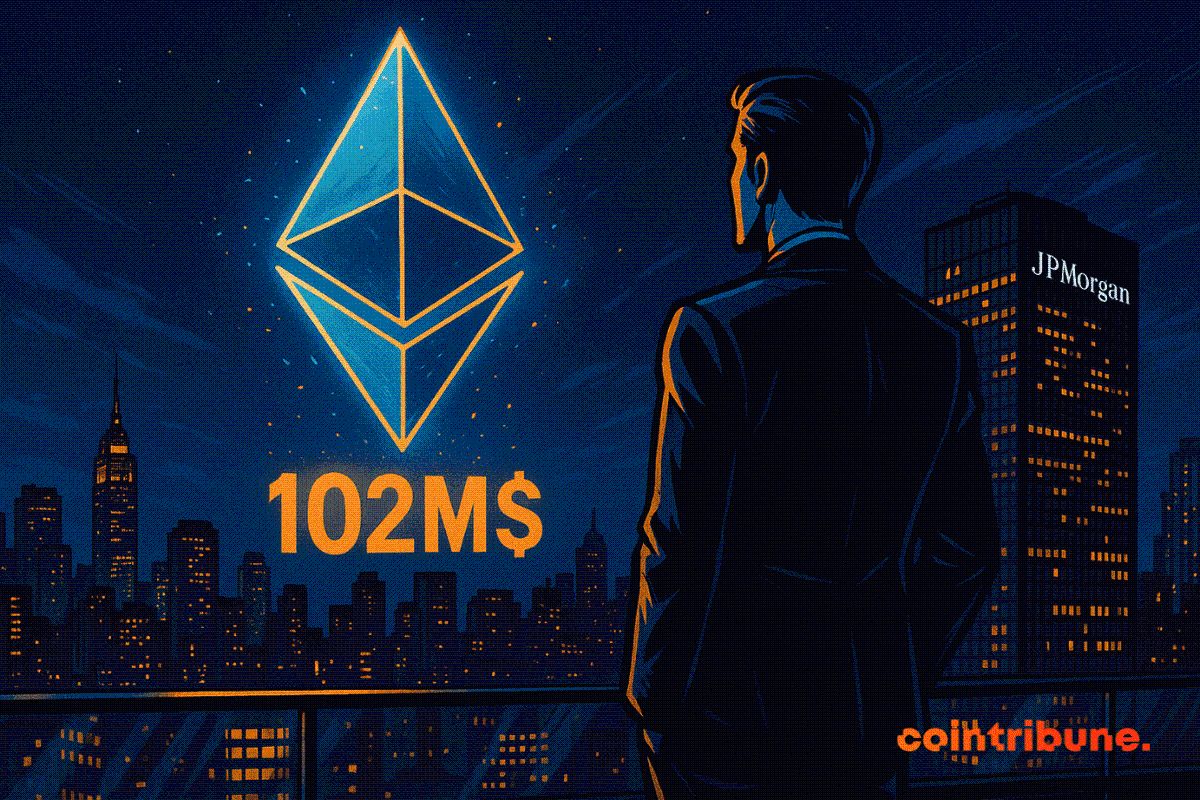Bitget Transforms Capital Movement by Integrating Conventional and Digital Markets
- Bitget launches $2M interest-free loan program for altcoin market makers, slashing qualification requirements by 50% to boost liquidity in smaller-cap tokens. - The exchange partners with Fasanara Capital to pioneer hybrid liquidity models, merging blockchain and institutional finance for real-time cross-border capital flow. - Bitget slashes stock futures fees by 90%, attracting $300M+ daily volume and surpassing $1B cumulative trading since September 2025 launch. - Through multi-chain integration and 20
Bitget, recognized as the largest Universal Exchange (UEX) globally, is furthering its international reach through a range of strategic measures focused on boosting liquidity, lowering trading expenses, and connecting conventional and crypto asset markets. The platform has introduced a $2 million interest-free loan initiative for altcoin market makers, cutting eligibility standards by half to encourage liquidity in lower-cap tokens, as reported by a
This program, available until January 31, 2026, lets participants borrow up to 2 million
At the same time, Bitget has strengthened its institutional alliances, most notably with London-based fintech company Fasanara Capital, as highlighted in a
Bitget’s rapid growth also includes moves into conventional financial instruments. The exchange recently reduced stock futures trading fees by 90%, bringing rates down to 0.0065% for selected pairs and drawing over $300 million in daily trading volume, according to a
To further its Universal Exchange ambitions, Bitget has incorporated multi-chain trading, staking, and payment features into its platform, now supporting more than 20,000 decentralized applications (DApps). The recent addition of tokens such as Intuition (TRUST) and Marina Protocol (BAY) demonstrates its commitment to expanding its product range and appealing to a wider audience. The exchange also collaborates with international organizations like UNICEF and MotoGP to promote blockchain awareness and usage.
Through these initiatives, Bitget is establishing itself as a leader in the fast-changing financial sector, where the boundaries between tokenized assets and traditional markets are increasingly blurred. As Gracy Chen remarked, “The distinction between traditional finance and digital assets is fading,” and Bitget’s strategies are set to drive this integration.
Disclaimer: The content of this article solely reflects the author's opinion and does not represent the platform in any capacity. This article is not intended to serve as a reference for making investment decisions.
You may also like
Modern Monetary Theory and the Cryptocurrency Dilemma: The Expanding Role of Macroeconomic Policy in Shaping Digital Asset Values
- 2025 crypto markets face tension between MMT's state-led monetary flexibility and crypto's decentralized scarcity, as BIS reports show integration of tokenized reserves with CBDCs. - De-pegging of algorithmic stablecoins (e.g., USDsd) exposed governance flaws, prompting BIS to demand stricter oversight aligned with "three pillars" of sound monetary systems. - CBDCs designed with MMT principles challenge decentralized cryptos by offering state-backed elasticity, potentially marginalizing non-compliant ass

COAI's Abrupt Price Drop: Underlying Reasons and Effects on Investment
- ChainOpera AI (COAI)’s 96% price plunge exposed crypto insurance sector fragility amid stablecoin collapses and regulatory crackdowns. - xUSD/deUSD failures triggered panic, eroding trust in crypto insurance as systemic risks outpaced product guarantees. - 2025 regulatory overhauls (GENIUS Act, FSB rules) raised compliance costs, worsening COAI’s liquidity crisis and market uncertainty. - COAI’s concentrated token ownership and volatile sentiment highlight risks: regulatory clarity ≠ stability, and senti

OpenAI Faces Lawsuit Over Alleged Suicide Cases

Is SPX6900 (SPX) Poised for a Breakout? Key Pattern Formation Suggests So!
